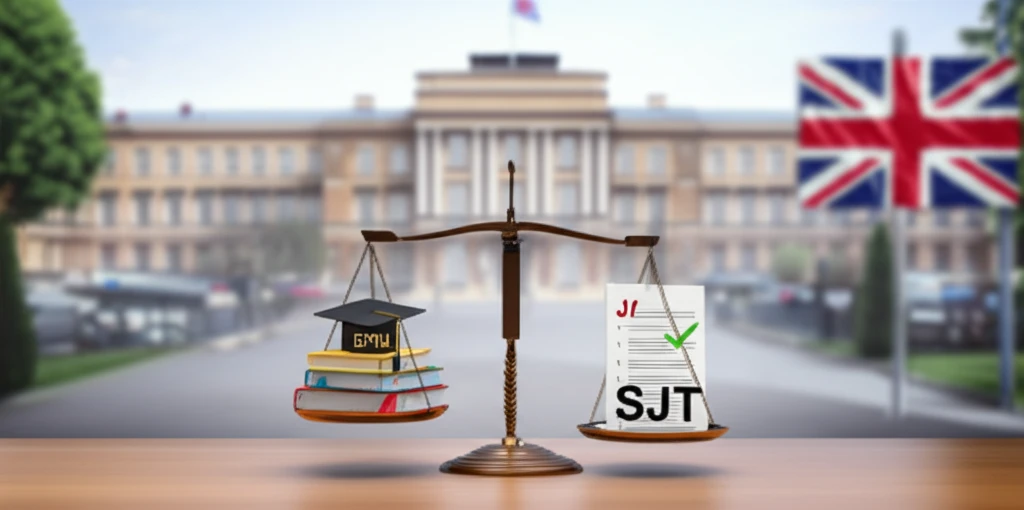
The EPM Edge: Leveling the Playing Field for Future Doctors in the UK
"Is the Educational Performance Measure truly a fair way to rank medical students?"
Securing a spot in the UK Foundation Programme is a crucial step for aspiring doctors. While the Situational Judgement Test (SJT) has been a focal point of discussion regarding fairness, it's equally important to examine the Educational Performance Measure (EPM). This measure carries a comparable weight to the SJT in the ranking process, making it essential to understand its role in determining the allocation of training positions for newly qualified doctors.
The EPM aims to acknowledge students who have demonstrated consistent academic achievement throughout their university careers. A significant portion of the EPM is based on a student's ranking within their university, promoting an environment where diligent effort is rewarded. This contrasts with concerns raised about the SJT, where students have expressed unease regarding score weighting, ranking formats, and potential subjectivity.
While debates around the SJT continue, the EPM serves as a complementary tool designed to assess students based on their overall academic performance. This article dives into how the EPM functions, its strengths, and how it addresses some of the limitations associated with standardized testing.
Academic Ranking: Rewarding Consistent Performance

The UK Foundation Programme uses academic performance as a key indicator of a student's potential. Unlike a one-time exam, the EPM considers a student's intra-university ranking, aiming to foster healthy competition and reward consistent hard work. This approach seeks to identify students who have shown dedication and commitment throughout their academic journey.
- Intra-University Ranking: Focuses on a student's performance relative to their peers within the same institution.
- Consistent Performance: Aims to reward students who have consistently excelled throughout their academic careers.
- Healthy Competition: Encourages students to strive for excellence in their studies.
A Balanced Approach to Evaluating Future Doctors
Both the SJT and EPM have their strengths and weaknesses. The EPM acknowledges a broader range of academic achievements, potentially mitigating the impact of a single “off-day” on a student's overall ranking. However, concerns about inter-university disparities remain. The UK Foundation Programme is continuously evolving, and further research and refinement of both the SJT and EPM are essential to ensure a fair and comprehensive evaluation process.
